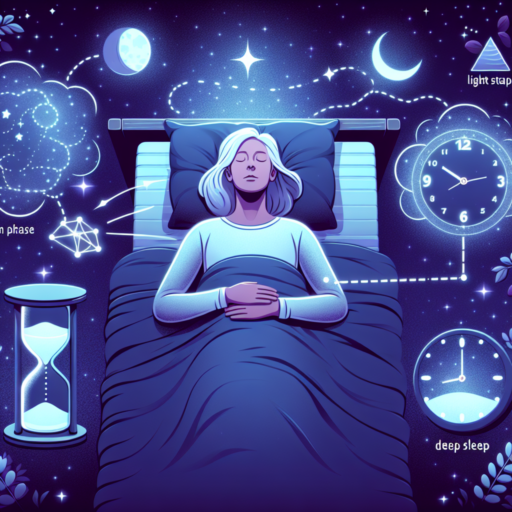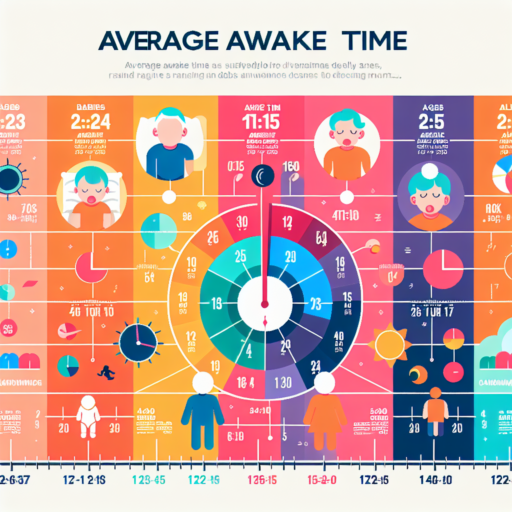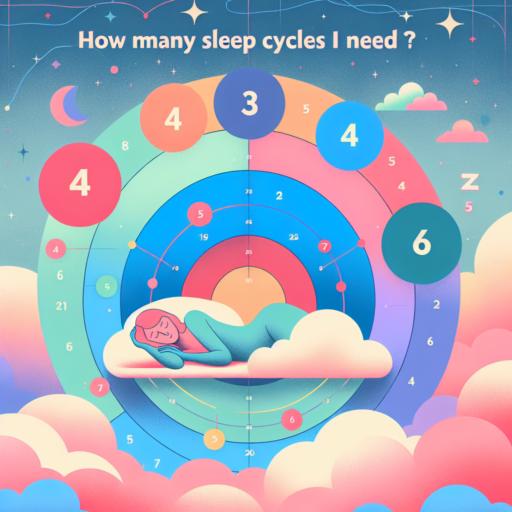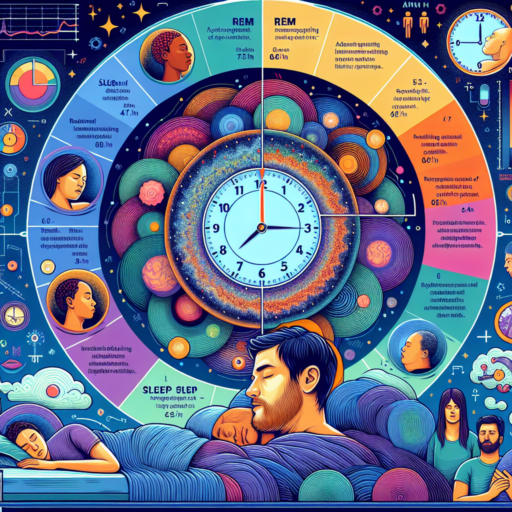No se han encontrado productos.
Is 45 minutes of deep sleep enough?
Understanding the importance of deep sleep is crucial in assessing whether 45 minutes each night suffices. Deep sleep, or slow-wave sleep, is a period of rest where the body repairs itself, consolidates memories, and restores energy. This phase is vital for overall health and well-being. However, the total amount of deep sleep one needs can vary based on several factors including age, lifestyle, and individual health conditions.
The average adult requires about 1 to 2 hours of deep sleep per night to fully benefit from its restorative properties. This means that merely achieving 45 minutes may fall short for most individuals. Deep sleep accounts for about 20% of an adult’s sleep cycle, emphasizing the need for a full night’s rest of approximately 7 to 9 hours to meet the body’s needs.
Nonetheless, it’s worth noting that while 45 minutes might be considered insufficient for the general population, there are unique circumstances where this amount may be deemed adequate. Factors such as highly efficient sleep cycles and exceptional health conditions can influence how much deep sleep an individual requires to function optimally. Therefore, assessing sleep quality on a personal level is essential.
What is better REM or deep sleep?
Understanding the distinctions between REM (Rapid Eye Movement) sleep and deep sleep is crucial for grasping how our sleep cycles work to restore and rejuvenate our bodies and minds. Both stages play essential roles, but their benefits can vary, shedding light on the query of which is «better».
The Importance of REM Sleep
REM sleep is often associated with vibrant dreams due to the brain’s heightened activity during this phase. This stage is paramount for cognitive functions, such as memory consolidation, problem-solving, and emotional processing. The brain’s activity during REM sleep enhances learning and memory retention, making this stage invaluable for brain health. Moreover, the body during REM sleep is almost entirely paralyzed, a phenomenon believed to prevent us from acting out our dreams.
The Significance of Deep Sleep
Deep sleep, or slow-wave sleep, is the most restorative phase of the sleep cycle, crucial for physical recovery, immune function, and energy replenishment. In deep sleep, the body repairs tissues, builds bone and muscle, and strengthens the immune system, highlighting its fundamental role in physical health. It’s a period of reduced brain activity where the body focuses on healing and growth, making it essential for overall well-being.
While REM sleep is critical for emotional and cognitive rejuvenation, deep sleep focuses on physical repair and recovery. This complementary relationship underlines the importance of a balanced sleep cycle that includes ample amounts of both REM and deep sleep for optimal health and functioning. Understanding the unique benefits of each can help individuals appreciate the complex, multi-faceted nature of sleep.
Is 30% of deep sleep too much?
When examining the structure of a healthy sleep cycle, understanding the distribution of various sleep stages is crucial. Deep sleep, or slow-wave sleep, is a pivotal part of this cycle, playing a significant role in the body’s recovery processes. Generally, experts suggest that a healthy adult should aim for a deep sleep stage that accounts for approximately 20% to 25% of their total sleep. Therefore, achieving 30% of deep sleep could be considered slightly above the typical range.
The Impact of Exceeding Normal Deep Sleep Ratios
Surpassing the normal range might raise questions about one’s sleep quality and overall health. While it’s less common to hear concerns about excessive deep sleep compared to, for example, not getting enough, there are situations where too much deep sleep could hint at underlying health issues. It’s important to consider factors such as age, lifestyle, and stress levels when evaluating whether 30% of deep sleep is too much for an individual.
Variables that Influence Deep Sleep Duration
- Age: Younger individuals naturally experience higher percentages of deep sleep, which diminishes with age.
- Physical Activity: Engaging in regular physical activity can increase the percentage of deep sleep one achieves.
- Stress and Anxiety: High levels of stress and anxiety can disrupt the sleep cycle, potentially affecting deep sleep duration.
Understanding the effects and necessities of deep sleep is crucial for overall health. Whether 30% of deep sleep is too much can depend on a variety of personal health factors and lifestyle choices.
How much deep sleep is ideal per day?
The amount of deep sleep an individual needs can vary, but generally, adults should aim for approximately 1 to 2 hours of deep sleep per night. This phase is crucial for physical recovery, memory consolidation, and supporting immune function. Understanding the importance of deep sleep and how it fits into the sleep cycle can help emphasize its role in overall health and well-being.
Deep sleep, also known as slow-wave sleep, constitutes about 13-23% of a typical adult’s sleep cycle. This stage is characterized by slower brain waves, known as delta waves, and is the period during which the body recovers the most. It’s during this time that the body repairs tissues, builds bone and muscle, and strengthens the immune system. Thus, not getting enough deep sleep can lead to not only feeling tired but can also have long-term health consequences.
Interestingly, factors such as age, lifestyle, and health conditions can influence how much deep sleep one can get. For instance, younger individuals tend to have longer periods of deep sleep, which gradually decrease with age. To encourage more deep sleep, experts recommend maintaining a consistent sleep schedule, ensuring a comfortable sleep environment, and avoiding stimulants close to bedtime.




